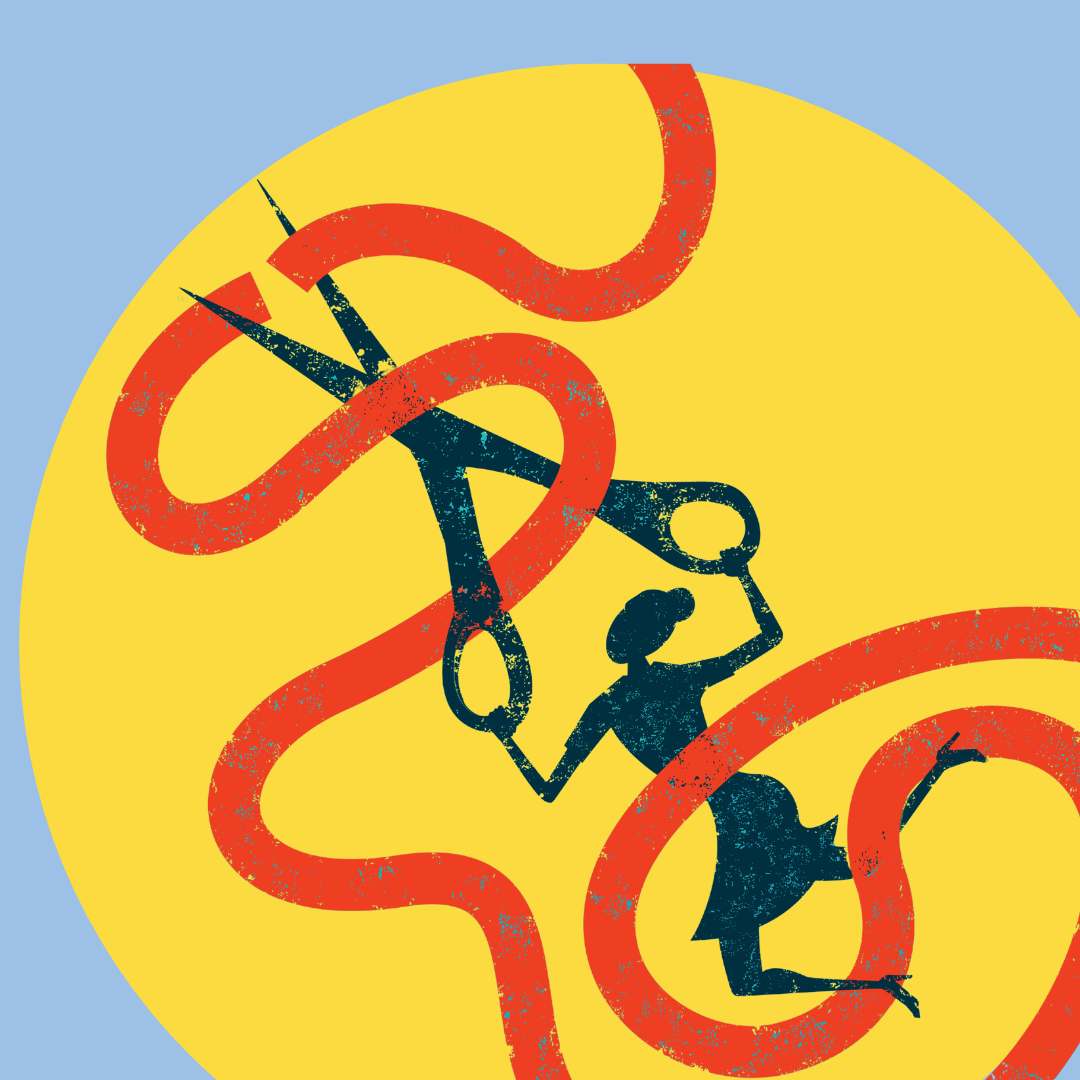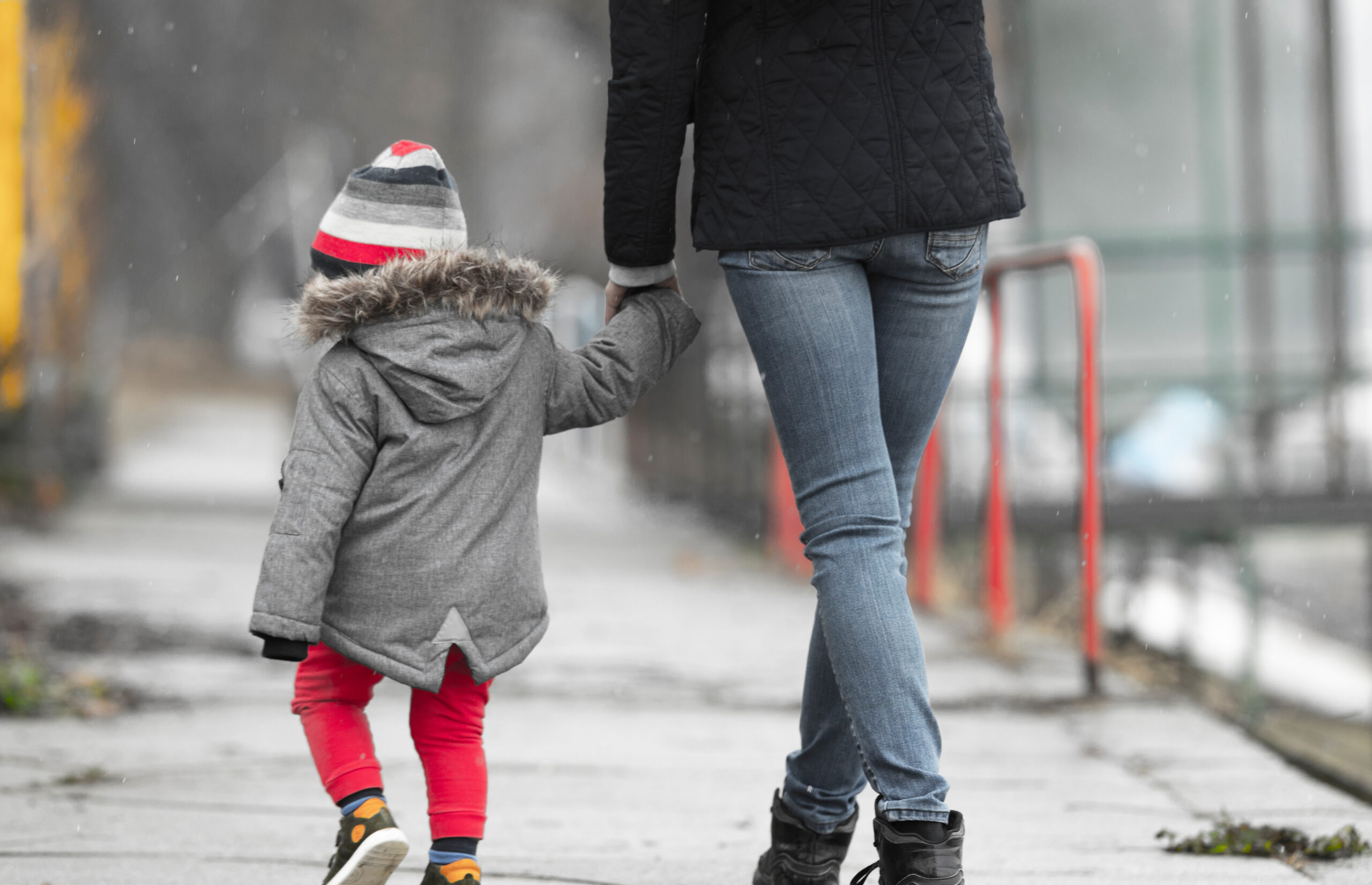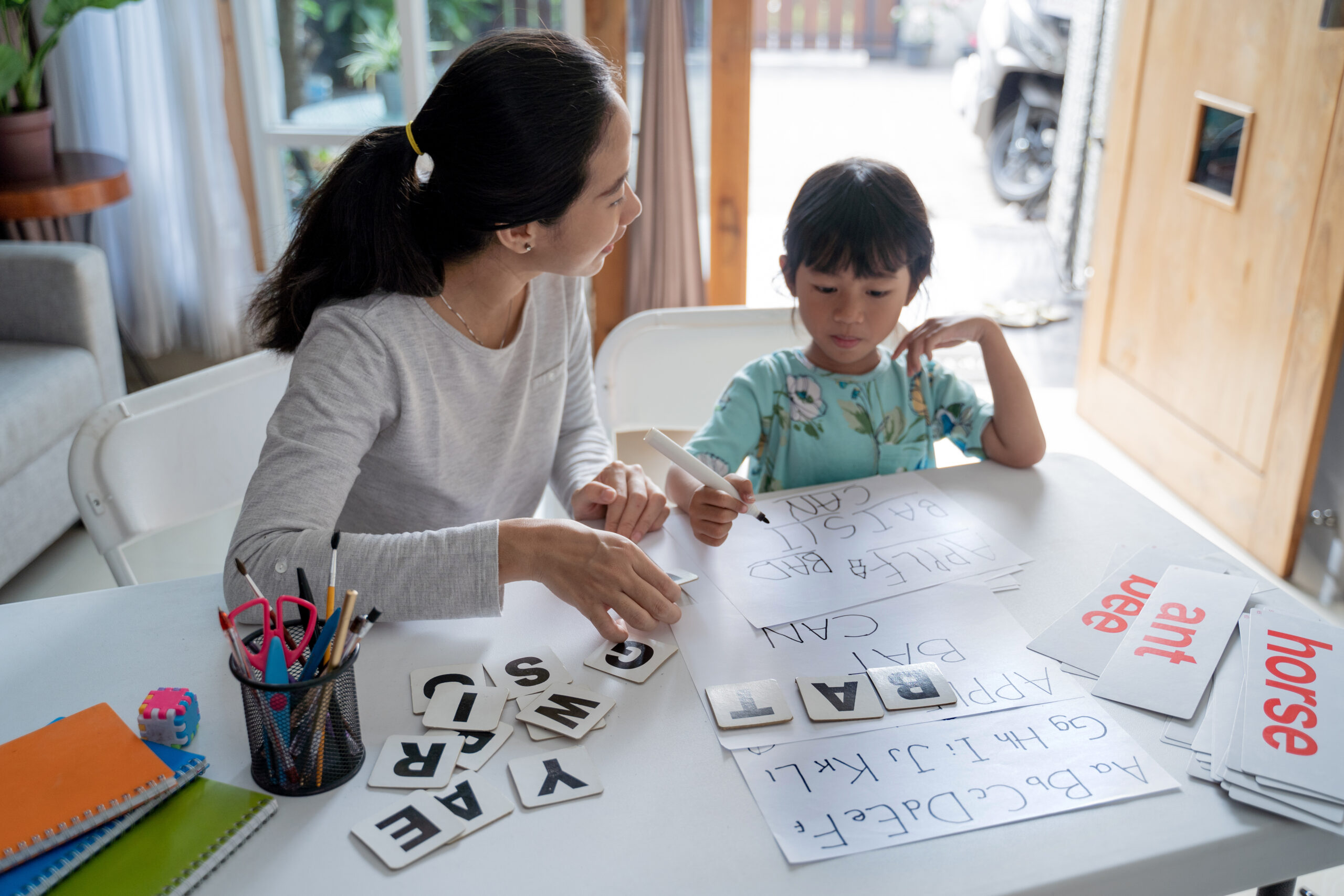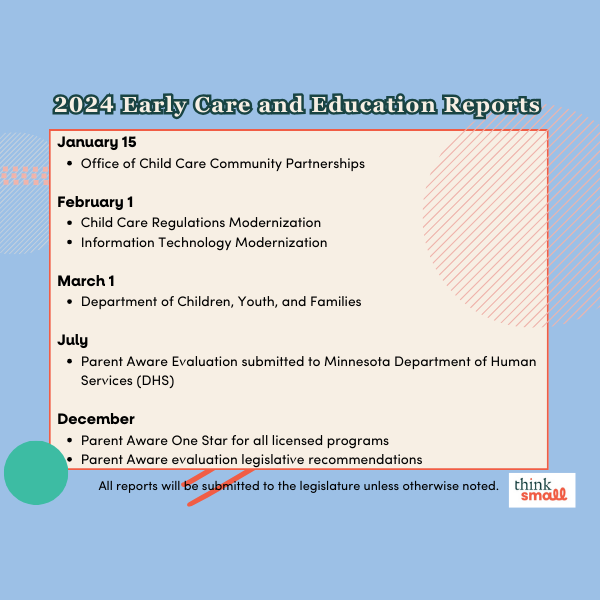 Think Small is dedicated to continue improving the early learning landscape across Minnesota, impacting the lives of children and the future of our state and starting with the children who need our help the most. Children from low-income families face the steepest obstacles to success. Nearly 50 percent of children in Minnesota begin kindergarten not fully prepared with the necessary skills to succeed in school. We know many of these children are from low-income families and often never catch up to their more well off peers.Children who enter kindergarten unprepared are less likely to achieve third grade reading standards, less likely to graduate high school, and less likely to ever attend college. They are more likely to drop out of school and more likely to be arrested for a violent crime. We know all of this based off an assessment of a five-year-old.Investing in quality early learning is the single best investment we can make. An investment in quality care and education for children before they reach kindergarten has the highest possible return on investment for our state, as much as $16 for every $1 invested (Federal Reserve Bank of Minneapolis).In 2016, Think Small will continue supporting policies that invest in early learning, increasing access to high quality early care and education for children:
Think Small is dedicated to continue improving the early learning landscape across Minnesota, impacting the lives of children and the future of our state and starting with the children who need our help the most. Children from low-income families face the steepest obstacles to success. Nearly 50 percent of children in Minnesota begin kindergarten not fully prepared with the necessary skills to succeed in school. We know many of these children are from low-income families and often never catch up to their more well off peers.Children who enter kindergarten unprepared are less likely to achieve third grade reading standards, less likely to graduate high school, and less likely to ever attend college. They are more likely to drop out of school and more likely to be arrested for a violent crime. We know all of this based off an assessment of a five-year-old.Investing in quality early learning is the single best investment we can make. An investment in quality care and education for children before they reach kindergarten has the highest possible return on investment for our state, as much as $16 for every $1 invested (Federal Reserve Bank of Minneapolis).In 2016, Think Small will continue supporting policies that invest in early learning, increasing access to high quality early care and education for children:
- Better align public funds to increase the number of children receiving high quality early care and education.
- Increase the number of Parent Aware rated programs and allow programs to maintain or improve their Parent Aware ratings.
- Improve Minnesota’s Child Care Assistance Program (CCAP) to assure more children from families with low incomes can access quality care.
- Expand access for the most vulnerable children to high-quality early care and education programs by advocating funding for parent-directed scholarships that are flexible to reflect the cost of high-quality public and private programs
Throughout the legislative session, Think Small will educate elected officials and the public to improve understanding and generate support among policy-makers of the value of high quality early education in a model driven by family choice and a variety of delivery options to best meet the needs of children and families.This is the smartest, fastest and most efficient way to improve the trajectory of a child’s life and the future of our state.







